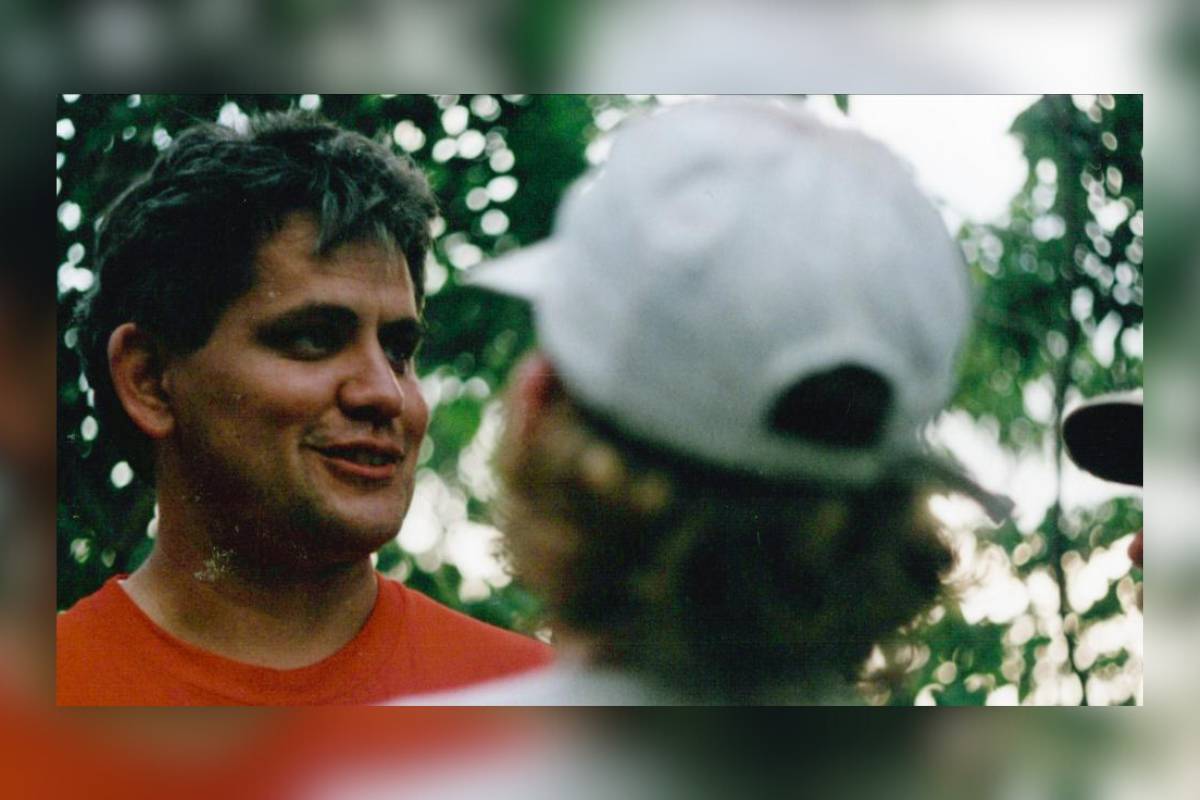

Although you may be aware of the contentious wilderness therapy programmes, are you familiar with the man who created them? Steve Cartisano is the man. You may read more about him and the controversies his programmes sparked in this article.
We will also examine the ways in which his professional decisions have affected his family, including Steve Cartisano’s daughter.
You will know everything there is to know about Steve Cartisano and his legacy by the time you finish reading this article.
In Modesto, California, on August 15, 1955, Steve Cartisano was born. His family upheld the highest standards of dedication and service as he was growing up.
Following his completion from college, Cartisano joined the Air Force and worked his way up to the rank of special forces officer before retiring.
His military service gave him a profound appreciation of discipline and survival abilities, which ultimately shaped his choice of profession.
Although Cartisano’s parents and family life are still mainly unknown, it is obvious that his early experiences influenced his decision to found the Challenger Foundation in 1988.
The Challenger Foundation was a Utah-based child rehabilitation programme that used wilderness survival training to help troublesome youths.
Cartisano’s goal was to change the lives of young people with behavioural issues by utilising the healing potential of nature.
As an adult, the history of the field of outdoor therapy programmes was most closely linked to Steve Cartisano. He established the Challenger Foundation in 1988, which is now one of Utah’s top wilderness therapeutic initiatives.
It is known that the circumstances surrounding the wilderness therapy programmes had a significant impact on Cartisano’s personal life and family, even though specifics regarding his daughter are not publicly disclosed.
The Challenger Foundation, one of Steve Cartisano’s outdoor rehabilitation programmes, was linked to many controversy:
Allegations of Abuse: Reports of severe punishment and mistreatment within the programmes were made. It is reported that participants endured harsh punishment, made forced marches, and occasionally went without food or water.
Legal Challenges: Cartisano faced multiple lawsuits alleging carelessness, fraud, deliberate emotional distress infliction, and breach of contract. Nevertheless, since these cases were settled out of court, none of them ever went to trial.
Tragic Deaths: The participant Kristen Chase died during a walk in Kane County, which sparked the biggest outcry. Even though Cartisano was found not guilty, the case raised important questions about the oversight and security of such initiatives.
Lack of Efficacy: There is insufficient data to support the effectiveness of wilderness therapy in treating behavioural disorders, substance misuse, and mental health issues among teenagers, raising questions about the legitimacy of these initiatives.
Operational Ban: Cartisano was not allowed to conduct wilderness therapy programmes in Utah after he was the target of controversy and public condemnation. He continued to participate in teen therapy programmes elsewhere, nevertheless.
These scandals have had a long-lasting effect on the area of adolescent treatment and have clouded the reputation of Steve Cartisano’s outdoor therapy programmes.
Although Steve Cartisano’s personal life is not as well-known as his work, it is nevertheless a significant aspect of his narrative. Jennifer, Catherine, David, and Daniel were the couple’s four children. He was married to Deborah Lee Carr.
Steve Cartisano’s daughter Jennifer went on to become an instructor at East Central University in Ada, Oklahoma, after deciding to pursue a career in education. She is wed to Jason Sparlin, and the two of them have two kids, Olivia and Jack.
Another of Steve Cartisano’s daughters, Catherine, has been outspoken about her battles with substance misuse that she eventually overcame. She is currently employed as a mental health therapist in Utah, where she assists clients with their issues. Ross Thelen is the spouse of Catherine, popularly known as Catie.
The son of Steve Cartisano, David, was imprisoned as a result of legal troubles and drug addiction. The second son, Daniel, has chosen to live a private life and stay out of the spotlight.
Without a doubt, Steve Cartisano’s contentious career has had a knock-on impact on the family, with each member charting a different route in its wake.
The narrative of Steve Cartisano’s daughter and her siblings is one of perseverance and introspection, moulded by the decisions made by their father.
The estimated net worth of Steve Cartisano was $5 million1. This figure represents his many endeavours, such as his time in the military and his work with the Challenger Foundation’s youth reform initiatives.
On May 4, 2019, Steve Cartisano passed away at his Durant, Oklahoma, home. After fighting stage 4 colon cancer for a number of years, he had an unplanned heart attack. During his last years, he lived mostly as a grandfather and took an active position in both the Church of Jesus Christ of Latter-Day Saints and the Choctaw Tribe.
In addition to being a tale of invention and controversy, the narrative of Steve Cartisano and his wilderness therapy programmes has a significant impact on his personal life, particularly his relationship with his daughter.
Steve Cartisano’s son and daughters were profoundly impacted by the attention and difficulties that followed the programmes, which also had a tremendous effect on her own destiny. Their path, entwined with the memory of their father, is a prime example of the personal expenses that frequently go along with public achievements.